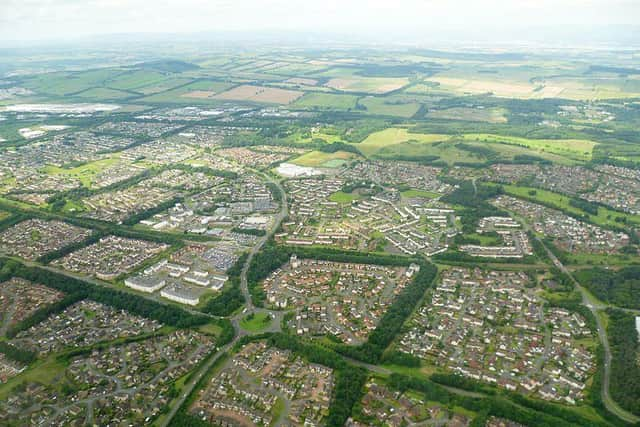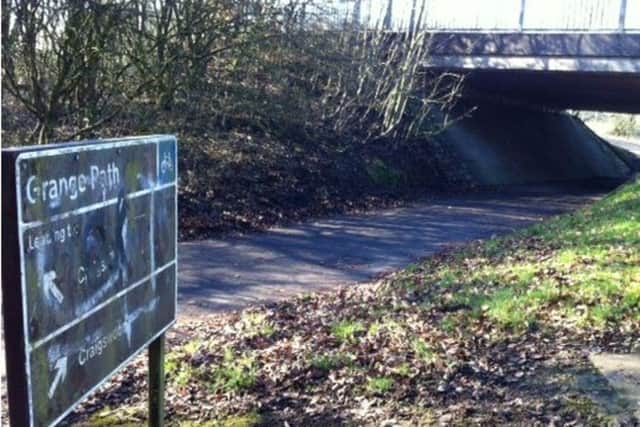West Lothian town's layout makes women and girls feel unsafe, survey finds
and live on Freeview channel 276
Headline figures from the survey carried out by West Lothian Council show that underpasses and dimly lit paths were spaces where those who responded felt least safe, especially walking in the dark.
Almost 3,000 individuals and groups responded to the survey which aims to be the starting point of a new council policy to create safer public spaces for women and girls.
Advertisement
Hide AdAdvertisement
Hide AdMore than 75 per cent of all responses felt that they were “A bit unsafe/ very unsafe” when walking alone in the dark in their own neighbourhood in Livingston and across West Lothian in general.


However it is the built environment, originally designed to separate people from traffic and roads, which figures as the greatest area of fear.
Responding to the findings, councillor Kirsteen Sullivan, depute Labour group leader said: “As a woman I don’t think there’s any great surprises, it’s probably the issues I expected to see , particularly women walking home in the dark on their own and the fear of walking past groups on their own.
“There is also the element of attitudinal change particularly around language and the use of very aggressive language towards women. I look forward to the report coming forward.”
Advertisement
Hide AdAdvertisement
Hide AdIn response to the question: “Are there any particular areas in West Lothian where you feel less safe?” the top three answers were underpass/paths/ walkways/cycle path, with 716, representing one third of all responses; town or village streets with 595, and poorly lit areas with 225.


Another major concern highlighted in the survey response was groups and anti-social behaviour.
Issues were raised around anti-social behaviour and groups of males congregating which increased concerns around individual safety. An increased police presence was identified as one potential solution to help individuals to feel safer.
Respondents were asked to rate how safe they felt in a number of different scenarios. These questions were intended to give an understanding of the feelings of women and girls in respect to their safety in West Lothian.
Advertisement
Hide AdAdvertisement
Hide AdWalking alone after dark brought the biggest response, with 1,198, or almost 45 per cent, saying they felt a bit unsafe walking in their own neighbourhood after dark and 816, or more than 30%, saying they felt very unsafe in the same situation.
READ MORE: Edinburgh women launch volunteer service to get people home safe in wake of Sarah Everard’s death
Most who responded to the survey said they avoided walking alone after dark. Almost 200 said they would stick to well lit built up areas if they were out alone.
The survey reported: “This accounted for over 50 per cent of all comments to this question. They also avoid walking at certain times, generally no walking at night. Built up and well-lit areas are generally accessed to increase the feeling of being in a safe environment. Individuals will also inform friends and family on their plans before leaving their homes.”
Head of Corporate Services, Julie Whitelaw told a meeting of the council’s Partnership and Resources Policy Development and Scrutiny Panel: “We received over 2700 responses from individuals and groups. We did as much as we could to promote levels of consultation.”